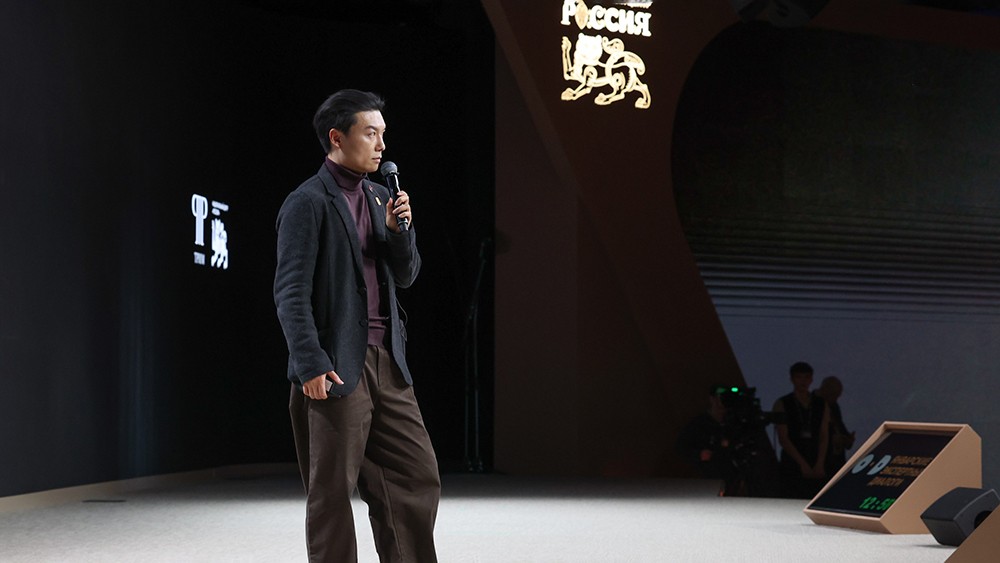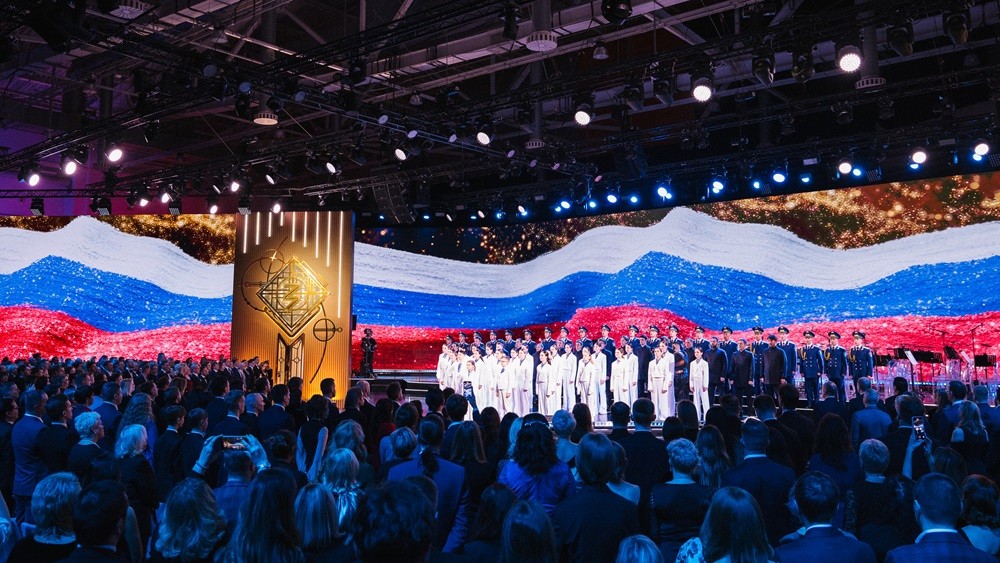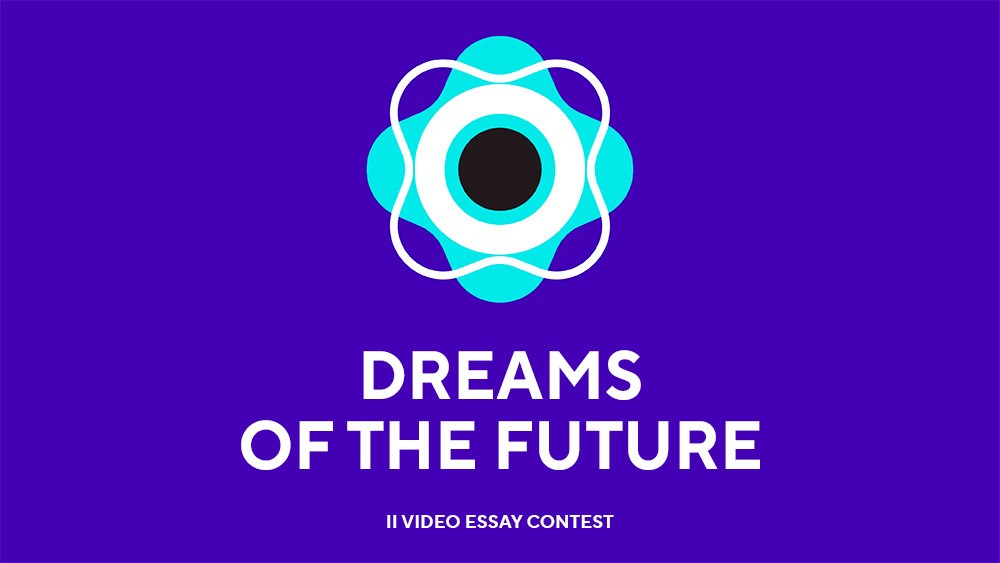Successes of the Rosatom School project were presented at the Exposition
On April 23, a plenary session of the conference "Rosatom School is Us" was held in Pavilion No. 19 ATOM, where participants shared innovative experience in preschool and school education systems in 23 cities participating in the Rosatom School project.
The project, together with the education systems of the cities where nuclear industry enterprises are located, develops and implements effective domestic educational technologies in preschool and school education. The project participants possess effective methods for developing the talents of children (preschoolers and schoolchildren) and educating young people.
Natalia Shurochkova, Advisor to the Department for Cooperation with Regions of the State Atomic Energy Corporation Rosatom, Head of the Rosatom School project, addressed the participants of the event with a welcoming speech.
"15 years ago, Sergei Kiriyenko set me the task to make sure that people coming to our cities would have a place to send their children to study, and their wives would have a place to go, for example, to the theater. Then we conceived a project called "10+10": 10 open and 10 closed cities. Since we organized the first educational conference, 13 years have passed. But during this time our task has not changed — this project was created to make people in our cities live well, to make them happy," said Natalia Shurochkova, Advisor of the Department for Cooperation with Regions of the State Atomic Energy Corporation Rosatom, head of the Rosatom School project.
She also shared volumetric indicators of the Rosatom School: there are 23 participating cities, 330 kindergartens, 232 schools, more than 71 thousand preschoolers, more than 145 thousand schoolchildren and more than 22 thousand teachers. In addition, the head of Rosatom School also emphasized the main task of the project.
"Our task is to make Rosatom loved, believed in and understood. It is important to us that people live well in our cities. Before, our main goal was to improve the quality of life. Now many institutions are engaged in improving the quality of life, and our task has been narrowed down — to develop the potential of people and society in Rosatom's cities. The most important thing for us is a person. Any person," said Natalia Shurochkova.
She noted that the success of the project has not gone unnoticed, including abroad.
"Our activities are important not only in the regions and cities where we work. There are already requests from other regions, even Kazakhstan and Vietnam want to join the project. We are absolutely not closed to society and to the country, we give everything we can, we work in Artek, in Orlyonok, in Scarlet Sails. We are ready to share our methods," Natalia Shurochkova said.
The conference also featured reports of the Rosatom School project staff. Elena Nepomnyaschaya, an expert of the project and author of the "Time of Choice" technology, spoke about developmental technologies in preschool education; Ivan Trifonov, deputy director of INTRO LLC and coordinator of events in the cities participating in the project, touched upon the development of the object-spatial environment and technological mode of kindergarten. Roman Selyukov, director of INTRO LLC and coordinator of competitive programs of the Rosatom School project, spoke about the development of technology for educating the younger generation in accordance with traditional Russian spiritual and moral values, and Larisa Selyukova, deputy director of INTRO LLC and coordinator of the project's AtomClasses program, spoke in detail about the program itself in the context of network partnership.
At what age should a child be introduced to artificial intelligence?
The fifth, anniversary ceremony of the country’s main educational award, Znanie.Award, will take place on 3 March at the National Centre RUSSIA.
The National Centre RUSSIA has announced the launch of Season 2 of the All-Russian video essay contest "Dreams of the Future".



